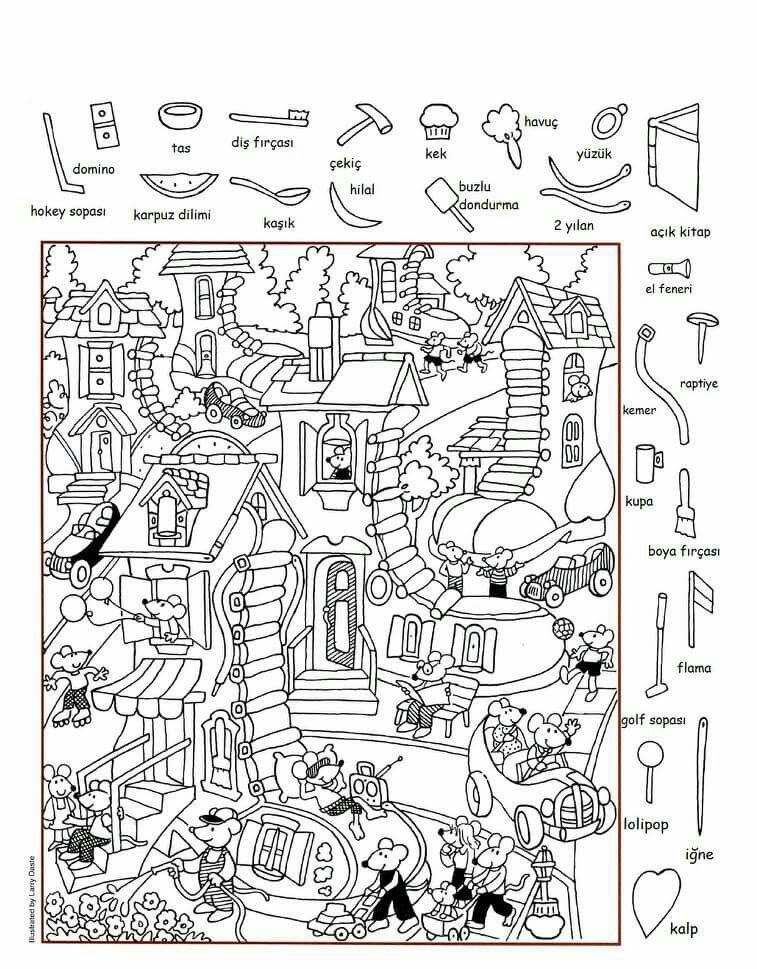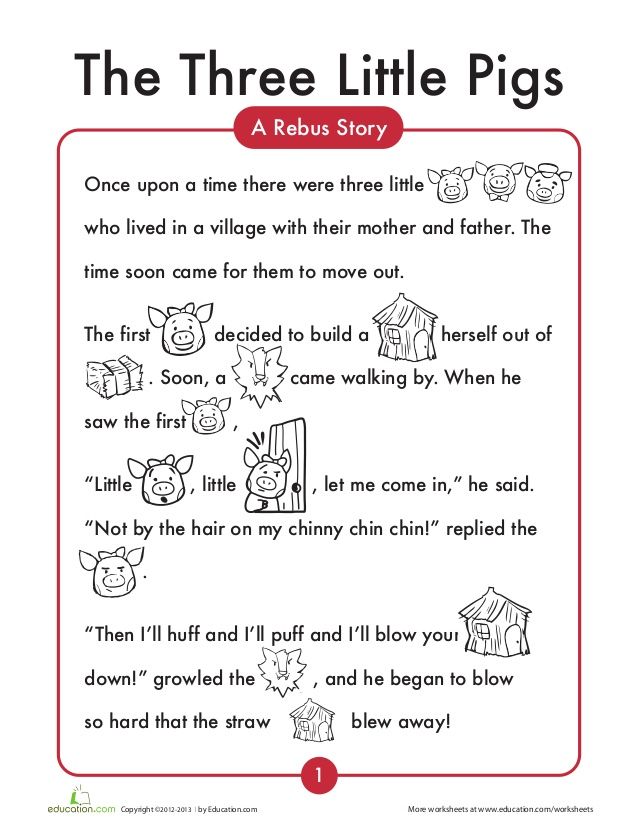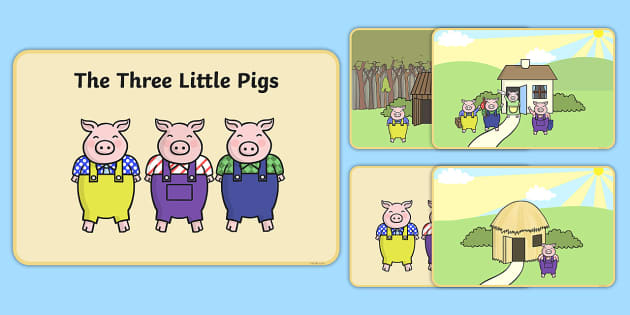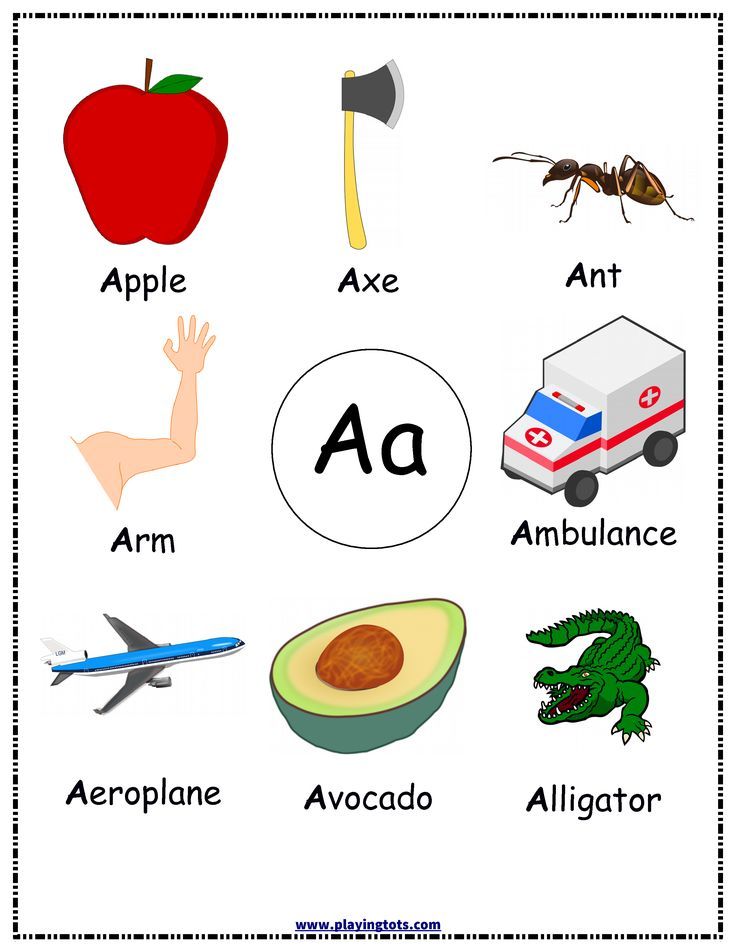How to create rituals
The Art of Creating a Ritual for What Matters Most
“Your sacred space is where you can find yourself again and again.” ~Joseph Campbell
By Leo Babauta
In this world where technology and consumerism have become our religion, we’ve largely lost something magical: the ability to elevate something into the realm of the sacred.
I’m not a fan of Catholic priests, but if you watch them perform the Eucharistic ritual in mass, it feels like a moment of true magic. If you watch a Zen priest performing similar rituals, it feels like a moment that is lifted into sacredness. Yoga practitioners before their altar, Muslims worshipping at mosques, Buddhists at their temples — they all practice this kind of sacred ritual.
What we’ve lost is this idea that there is an element of the divine in the world. I’m an atheist and don’t believe in God, but I believe in the divinity of every living being, every object, every breath. These aren’t just ordinary things to be taken for granted, but ordinary things to be deeply appreciated.
And so I’d like to advocate for the idea of ritual.
We can lift an everyday act into the realm of the divine by turning it into a sacred ritual. What I’ve been trying to practice is the art of turning what matters most in my life into a ritual.
What would it be like if you turned what matters most in your life into a ritual? (Hint: if it’s in your life, it is important, as you’ve chosen to include it in your limited time.)
In his book The Four Agreements, Don Miguel Ruiz writes in his chapter on the Fourth Agreement (“Always do your best”):
“ I make everything a ritual, and I always do my best. Taking a shower is a ritual for me, and with that action I tell my body how much I love it. I feel and enjoy the water on my body. I do my best to fulfill the needs of my body. I do my best to give to my body and to receive what my body gives to me.”
The ritual of taking a shower, then, becomes an act of appreciating the body you have, taking care of it, and fully loving it.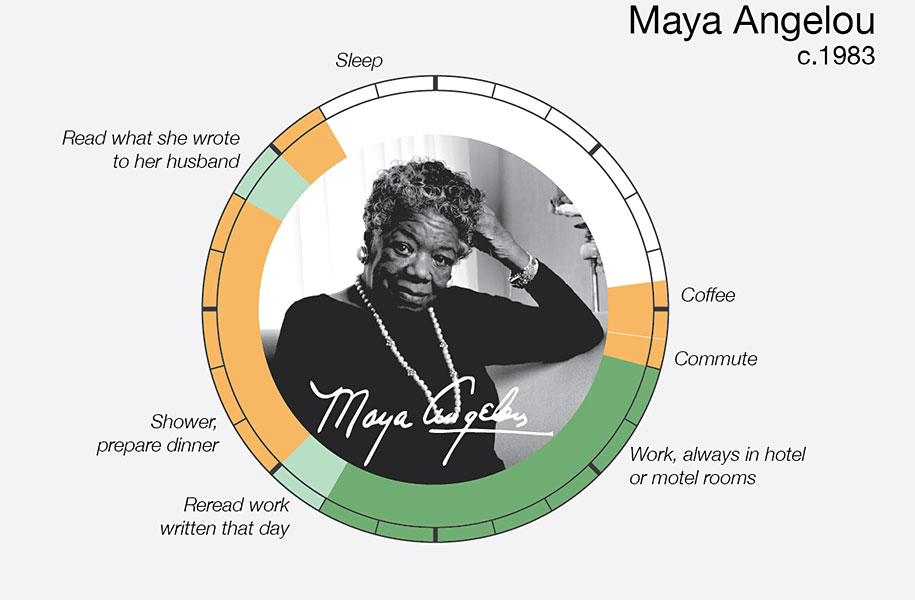 It’s an act of devotion.
It’s an act of devotion.
What would it be like to bring this art of devotion to everything that matters most in our lives?
The Elements of RitualSo what would a ritual contain? It’s an art, so you can make it however you like. However, some elements to consider:
- Create your environment: A ritual might have an altar, a temple, incense, etc. But your ritual doesn’t have to have these particular elements — the important thing is to consider what environment you’d like for this ritual, and how that environment will affect the practice. By taking care to create the environment, there’s an element of mindfulness and intention that is missing from most of our actions. An example might be to have flowers and music and sage as you do your yoga practice, or to eat dinner with phones off, a candle burning, and silence in the room.
- Intention: As you start, set an intention for the ritual. What would you like to practice during this ritual? How do you want to show up? Set the intention, and then carry that intention throughout the ritual.
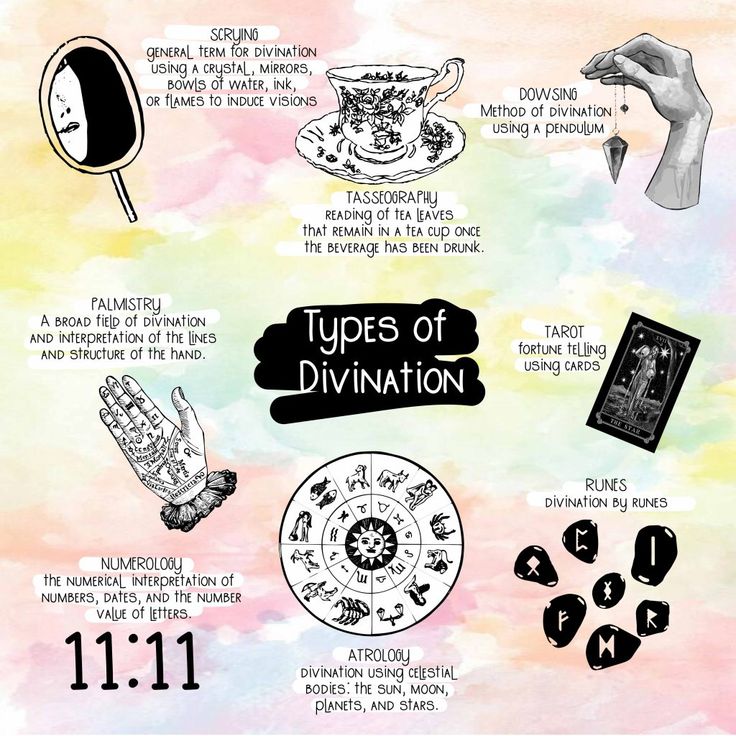
- Bring presence: A key part of ritual is to be as fully present as you can. This is another element missing from most of our daily actions, but if we elevate something to ritual, it can increase our presence.
- Deep appreciation: Ritual is about bringing full appreciation to the act. A daily shower ritual is appreciating your body for the miracle it is. Daily eating rituals is appreciating not only the nourishing food, but the people who put their life energy into growing, transporting and preparing the food. A daily writing ritual might be an appreciation of your connection to your reader. We often take things for granted — ritual brings the appreciation for life, the world, others and ourselves back into our lives.
- Contemplation : Ritual can be a space for contemplating what’s important to you, what you are afraid of, what your aspirations are, and more. Again, this isn’t something we normally make space for, but what if we created that space?
- Connection to aspiration: What do you want to create in the world? Who do you want to be? How would you like to show up, to shift yourself, to serve others? Ritual is a way to connect to these aspirations, so that we can be more resolved to live them.
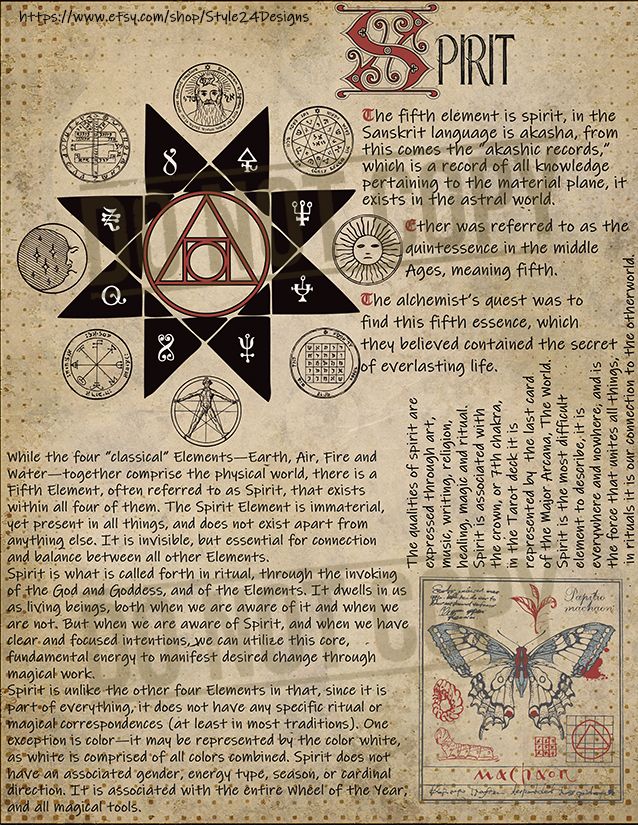
- Lift to sacredness: We take the ordinary things in our lives for granted, but what if we lifted the ordinary to sacredness? This doesn’t require a belief in God (though it can) … it’s imbuing a power into an action. The word “sacred” comes from the Latin “sacrāre,” which means to consecrate, to dedicate. That usually has holy connotations but can simply mean to be devoted to something that has power. What if we could see the mundane as powerfully sacred and magical?
- Close in gratitude: A ritual has a closing, which might be simply gratitude for whatever you just did, how you practiced, or what you are devoted to. Give a small prayer of thanks to yourself, to the world.
These are some elements to consider — you don’t have to include all of them, and there are many others you can pull in from traditional rituals that range from the pagan and Druids to shamanic to Vedic and more.
Rituals to ConsiderAny act that you do each day, that’s important to you, can be considered for something to turn into a ritual.
For example, some that I’ve been experimenting with:
- Start of your day: How would you like to start your day? Can it be with intention, gratitude, reflection? With aspiration and appreciation? With meditation and quiet?
- Getting ready: When you get yourself ready for the day, will it be a rushed affair, or one of slowing down, appreciating your body, taking care of yourself, loving yourself?
- Writing or other work: Whether your work be writing or phone calls or building a house … you can elevate that to ritual by creating intention around it, appreciating what you’re creating, pouring yourself into the act, bringing mindfulness to it. How can you elevate it to ritual?
- Email & messages: We normally just dive into checking email and messages, but what if it became a sacred ritual of connecting to others, of carefully considering issues, of crafting language? Can we elevate the act to one of deep presence and appreciation?
- Eating: With eating, we can simply fuel our bodies and put food down our throats, phones or TVs distracting us … or we can elevate the eating to an act of nourishing and loving our bodies, connecting to others and the earth that has provided for us, connecting to loved ones’ hearts.

- Exercise: We can rush through exercise, just trying to get it over with. Or we can bring it to the realm of the divine, letting it be an act of love for our bodies, an act of connection to our environment, an act of full presence and highest purpose.
- Yoga: Is it just exercise and stretching, or can it be a ritual of full devotion and surrender, of practice of our highest selves?
- Meditation: We can sit there, waiting for the final meditation bell to ring, or we can let it be a ritual of practice for what we’d like to train in. Or simply a ritual of full appreciation for the moment.
- Sleep: Is sleep a matter of being on devices until we’re so tired we can’t check another thing on social media? Or a time when we reflect on our day, prepare for our time of rest, slow down and appreciate our lives?
I have to confess that I have not perfected the art of creating ritual for all of these things — I’m still learning, still experimenting. I have a lot of growth to do here. But when I do it, I’ve found it absolutely profound.
I have a lot of growth to do here. But when I do it, I’ve found it absolutely profound.
What is important to you? If it’s in your life, you must care enough about it that you’ve included it. Our hours are precious and limited, and we can take care to only place the things that matter most into that limited space.
So what you’ve included in your life must matter tremendously. Why not craft a ritual for this thing that matters so much?
If you care about checking social media, messages, email, news, blogs — why not make this act into ritual?
If you care about your relationship with someone, why not create a connection ritual where you fully connect with them?
If you care about reading, why not make a reading ritual?
If you care about your meaningful work, why not create a ritual for practicing with that work?
I invite you to create ritual around the deeper practice of your meaningful work with my latest creation:
The Fearless Purpose Training Package: A System for the Uncertainty of Your Meaningful Work
The Wild Mystic Woman's Guide To Creating Rituals
(The following post is a guest post written by Wild Mystic Woman Writer, Trish Finley)
Making your own rituals is a powerful way to claim your spirituality.
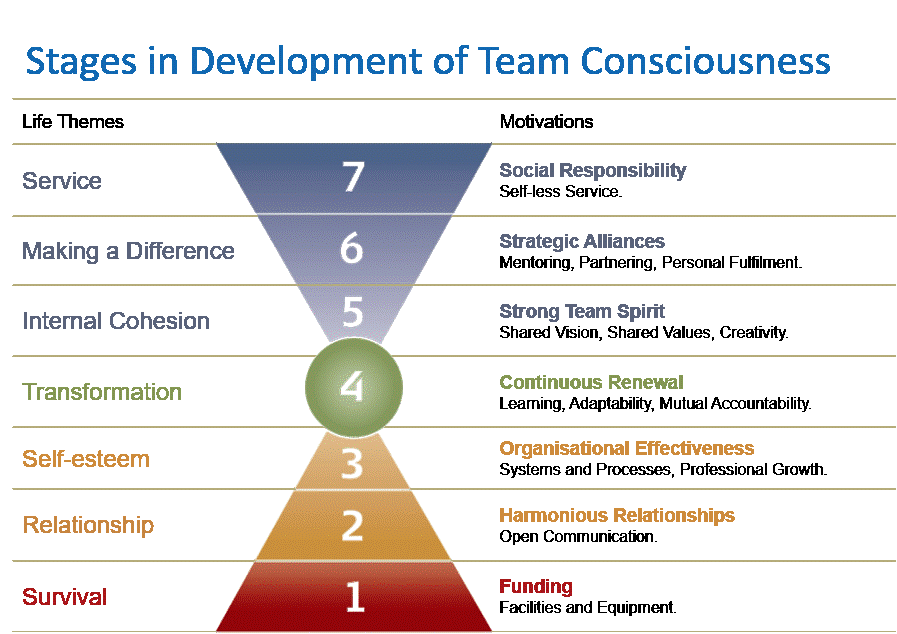 But for some of us it’s new territory, and a scary place to dip our feet.
But for some of us it’s new territory, and a scary place to dip our feet.I grew up evangelical Christian, where rituals were seen as silly at best and dangerous at worst. When I got to the point in my spiritual journey where I needed ritual, I was lost. Where should I start? What would I use? What should I say, and what if it doesn’t work? Why am I doing this anyways?
I found some answers in reading and research. But mostly? I just tried stuff out to see if it stuck.
Despite the title of this post, my aim is not to tell you how to build a ritual. Only you know what sticks and what doesn’t in your practice. This is just to give you some things to try and a place to start, if you need it.
There are a lot of reasons people perform rituals, but, basically, the purpose of a ritual is to declare an intention. That’s it, and that’s why it’s impossible to mess up. You may find ways that are more effective - for you - and ways that are less effective - for you.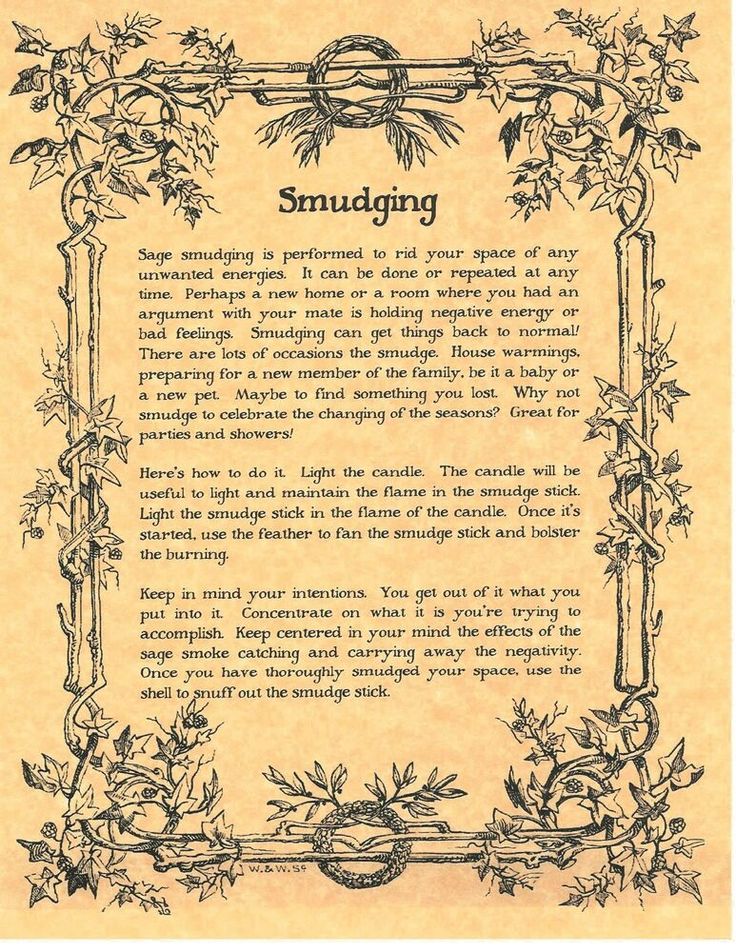 But that’s the only requirement: that it works for you.
But that’s the only requirement: that it works for you.
Below are a few things you may (but by no means must) consider when building your next ritual.
Intention
There are four broad intentions that encompass most (not all) rituals:
Release - Do you need to let something go? A person, event, season of life, expectation, fear, grief?
Summoning - Do you need to call something to you? Courage, your power, money, wisdom? This can also be called manifestation.
Connection - Do you have a deity or ancestor you want to connect with? (Think of this one like date night with the divine. You’re just there to get to know one another.)
Remembering - Is there an important date or time of year you want to honor?
Other - Whatever your intention, describe it to yourself as best you can. It may help to write it down.
If you pick up other people’s energy and emotions like I do, or if you work in a field like tarot reading or reiki, developing a releasing ritual is especially important.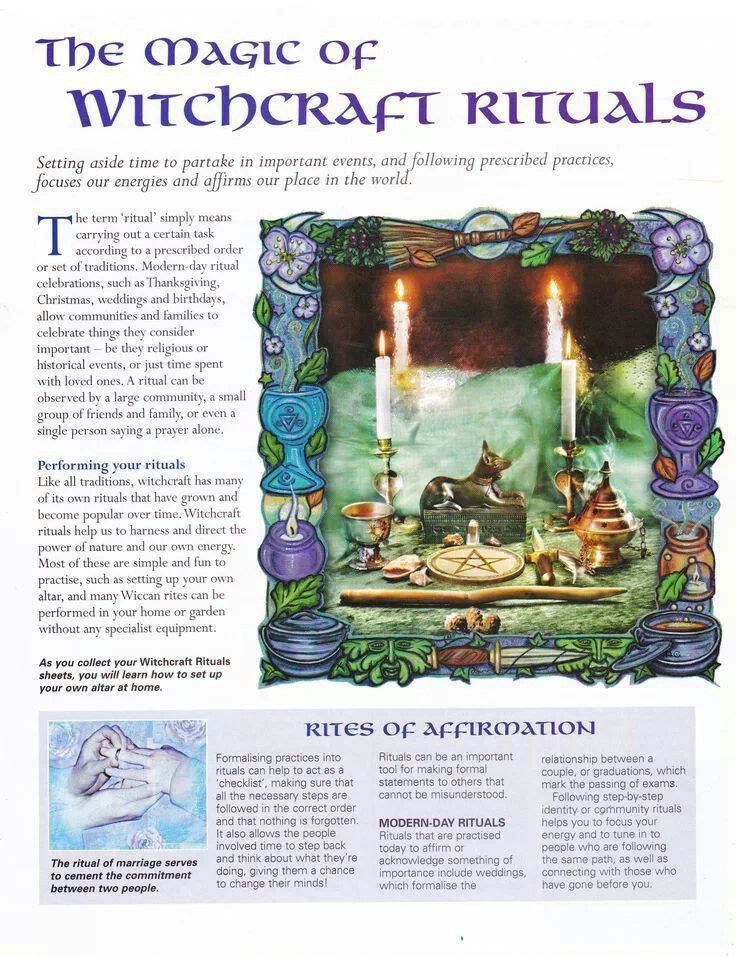 For example, I light a candle for each client when I start a tarot reading, symbolizing making a connection. Then, when I’m done, I blow it out to symbolize severing the connection and any lingering feelings that went along with it.
For example, I light a candle for each client when I start a tarot reading, symbolizing making a connection. Then, when I’m done, I blow it out to symbolize severing the connection and any lingering feelings that went along with it.
Place
It can be helpful to choose a place that’s conducive to your intention. We tend to know where we need to perform the ritual, so if you’re not sure, take a walk or a drive and see where it leads you (even if it leads you back home).
Choosing the place - Do you need privacy? Would you like to be indoors or outdoors? Is there a special place that has spiritual significance for you or relates to your intention? Or a place where you feel particularly at peace?
Creating sacred space - This is where you make a physical home for what you’re about to do in the spiritual realm. You can mark this space with crystal points, rope, salt, smoke, or even just your imagination.
I usually practice ritual at home, where I have privacy to say whatever weird things come out of my mouth.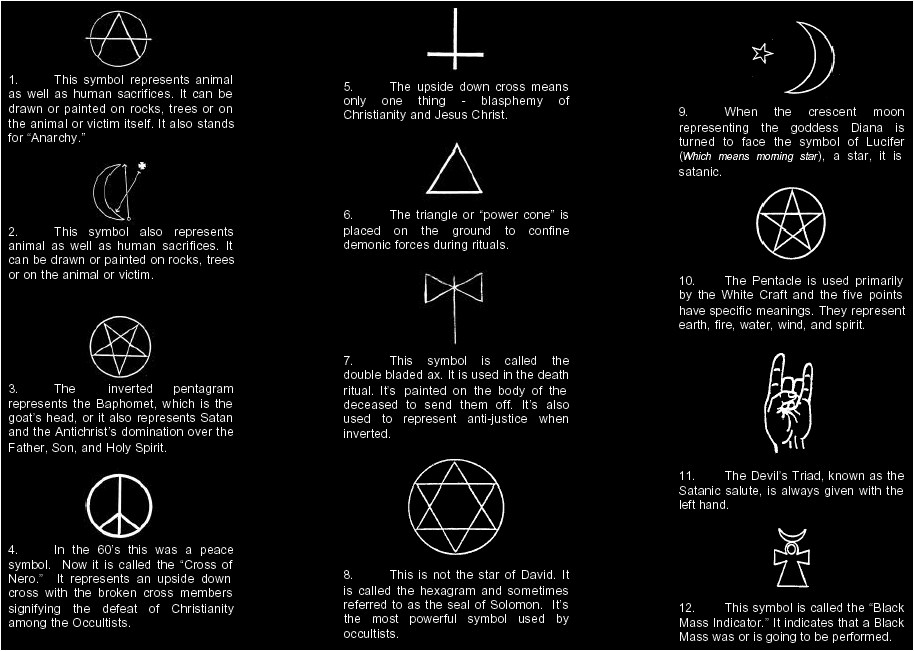 Occasionally, when my feelings are too big to be contained indoors, I go to a lake and draw my sacred space in the dirt beside the water.
Occasionally, when my feelings are too big to be contained indoors, I go to a lake and draw my sacred space in the dirt beside the water.
Time
Here are some cycles that affect some people’s rituals. Feel your way around them and find out if they are right for you.
Lunar cycle - Do you experience changes in energy around the new or full moon? (This is a big one for me.)
Menstrual cycle - Is there a time in your cycle when it feels right to slow down and perform a ritual?
Astrological calendar - Are you affected by retrogrades, eclipses, or other astrological events? (I particularly pay attention to Mercury retrogrades.)
Religious calendar - Is there a traditional religious calendar you’d like to honor, like the Wheel of the Year or the Church Calendar?
Personal calendar - Are there any personal dates during the year that are important to you, like birthdays or anniversaries? (I celebrate J. R.R. Tolkien’s birthday every year, usually by smoking pipe tobacco, because his stories have played such a central role in my life.)
R.R. Tolkien’s birthday every year, usually by smoking pipe tobacco, because his stories have played such a central role in my life.)
Natural calendar - How do the seasons affect your energy?
It may be helpful for you to mark these events on a calendar so you can gauge your energy around them. No two people react the same.
Words
You don’t have to use words, but they can be powerful in helping you focus your intention.
Compose your own words - What is your intention? How can you best express this in words? (It may help to write them down.)
Say what comes in the moment - Does it feel right to spontaneously speak instead of compose words?
Use old words - Is there something that expresses your intention better than you could put it in your own words? Are there words so old and well used that you feel they have additional power behind them?
Names - If you are remembering someone after their death, it may help to say their name aloud.
Hybrid - Does it feel right to include several of these elements?
One weird tip here: Whatever words you decide to use, I’d recommend speaking out loud. It feels really weird, and is why I do most of my rituals at home. But there are two reasons I do it anyways:
The first is that it makes my intention seem more real in the breathing world after I speak it aloud. The second is that, especially when saying what comes in the moment, I’ve surprised myself with what comes out of my mouth. The barriers between spirit and body tend to be thinner during ritual, so you can bring out some pretty rich stuff.
Sound
Sound can help build a mood, focus your thoughts, or put you in a different state of mind.
Music - Are there any songs that help build your intention - a religious song that connects you to your deity or a song that reminds you of the person you’re honoring?
Sound clearing - Sound clearing is when you disperse built up energy using sound waves. Is there a point in the ritual, like the beginning or end, where you’d like to break the energy? What would you like to use to do this - a chime, clapping your hands, an instrument?
Is there a point in the ritual, like the beginning or end, where you’d like to break the energy? What would you like to use to do this - a chime, clapping your hands, an instrument?
(This is particularly useful in releasing rituals.)
Ambient sounds - Do you need sounds in the background to help you focus, like wind in the trees, running water, or soft music?
I tend to gravitate towards old Christian hymns when I’m performing ritual. My family has sung them to me since I was a baby, so they are familiar, and I think there is a buildup of power in a song that’s been sung for centuries. (One of my favorites, Be Thou My Vision, can trace its tune back about 1300 years.)
Sacred Objects
There are no wrong objects to bring into a ritual. The only requirement is that they are meaningful to you.
Props - These set the mood. Are there any candles, crystals, or decorative elements you’d like to include? Not everything has to mean something - beauty can be reason enough on its own.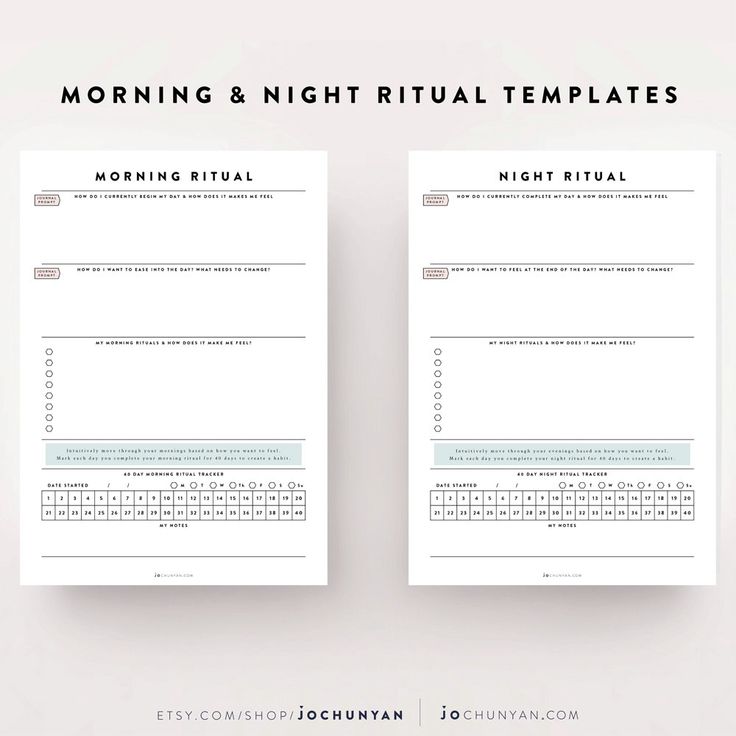
Talismans - Are there any objects that remind you of your intention - something that comforts you, an icon of your deity or power, a picture of a loved one? Or, is there a tarot or oracle card that represents your intention? (For example, I’ve used the Ace of Pentacles as a talisman during a ritual to bless someone in their new job.)
Traditional elements - Are there any traditional religious elements you’d like to include, like salt or bread and wine?
Body Language
Body language doesn’t just communicate with the people around us. It also communicates how we want to feel to ourselves.
Posture - Does is feel right to stand, sit on the floor or in a chair, kneel, bow your forehead to the earth, or lie down?
Hand motions - Are there hand motions you hold as sacred, such as palms together or the sign of the cross? Are there any hand motions that would help you express your intention, like palms to the sky to indicate receiving whatever you’re summoning?
During my rituals, I usually kneel. I see this as a sign of surrender to Spirit, who is greater than me, and acceptance of my own vulnerability in that moment. The only time I kneel in my life is during ritual or prayer, so using that posture helps focus my mind on the task at hand.
I see this as a sign of surrender to Spirit, who is greater than me, and acceptance of my own vulnerability in that moment. The only time I kneel in my life is during ritual or prayer, so using that posture helps focus my mind on the task at hand.
Smells
Smell can help focus you in the moment and build memories that make your practice richer over time.
Sage - Traditionally used as an energy cleansing herb. You can use the oil, a sage-scented mist, or smoke.
Essential oils - Is there a scent that helps you with your intention, like lavender for calming emotions?
Incense - Used for centuries to indicate sacred presence or purpose. I never burn incense to scent my home - I only use it for ritual so my brain will equate the smell of incense with focusing on spiritual things.
Plants - Are there certain plants you use for sacred or healing purposes? Plants can function as both talismans and scents in rituals.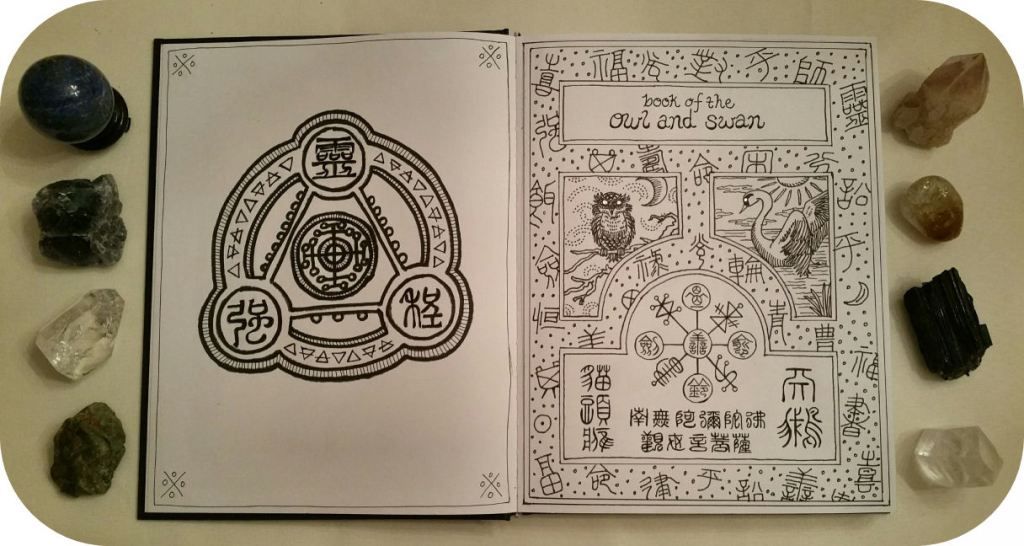
Smudging - Smudging is the practice of using fragrant smoke to represent intention. You may want to waft smoke over yourself, your space, or certain objects to purify them. I usually do this with incense before drawing cards for a client to clear anything that could negatively impact the reading.
A few final notes:
Breathe - Breathe. Be present. This ritual is for you, so there’s no chance of getting it wrong.
Be safe - Make sure you don’t put open flame near fabric or carpet. Turn on fans if you’re burning incense or sage indoors. Have a plan for extinguishing fires before you begin, just in case.
Respect the environment - If you’re performing a ritual outdoors, put the space back the way you found it. Don’t leave anything behind, and be especially careful with open flame in wooded areas.
(When performing a ritual outside, I try to use objects around me so I don’t accidentally leave something.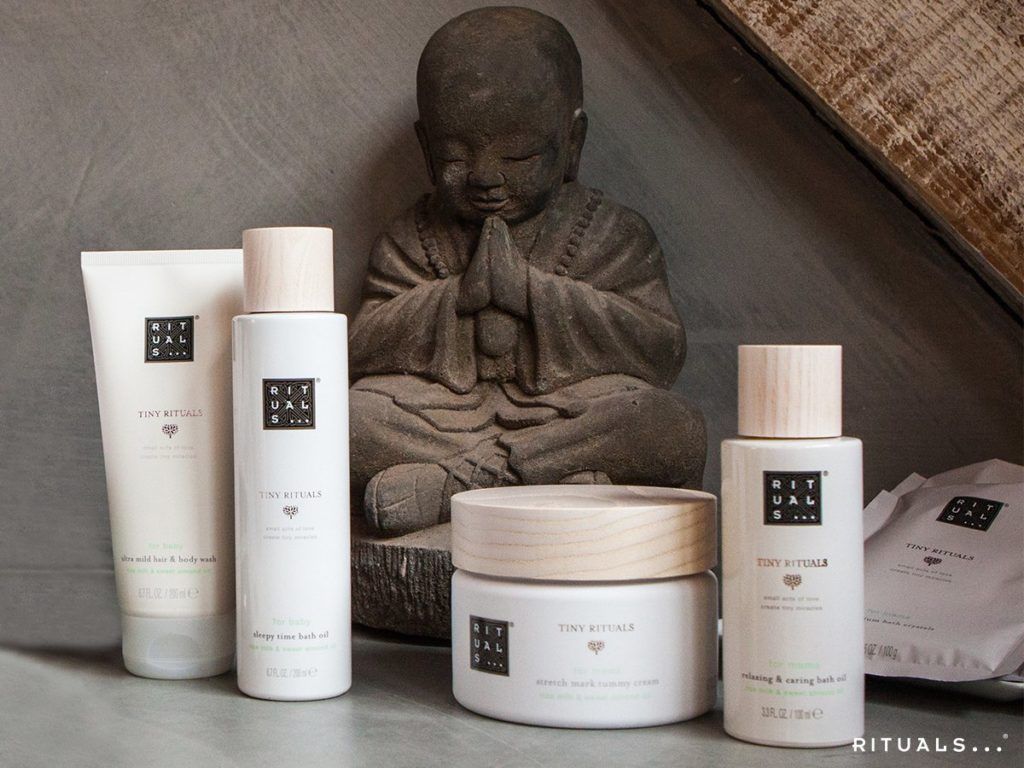 When I’m done I brush out circles I’ve made in the dirt.)
When I’m done I brush out circles I’ve made in the dirt.)
Make space for doubt - If thoughts like “This is stupid” come up, make space for them. Doubt is not a hindrance - in fact, it can be the tool on which you sharpen your spirituality.
(And you’d better believe I feel stupid when I’m holding a stick of incense in a crystal circle and babbling out loud about whatever I’m releasing. Whatever. I’ll do it anyways, because it helps.)
Make space for whatever feelings arise - Sometimes unexpected feelings come up during rituals. Give yourself space to process them afterward.
It’s ok to try things that don’t work for you - How else will you know what does work?
Be patient - Remember, ritual is just stating an intention. That’s a powerful thing, but it doesn’t mean that you’ll immediately be able to, for example, release grief. It just means you’ve started the process with focus and intention.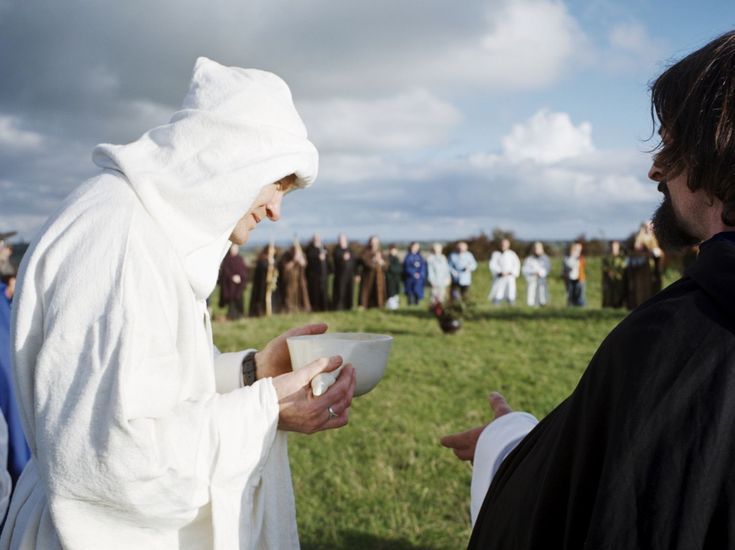
I know a little more about what I’m doing when it comes to ritual, but I’m still changing, growing, learning about what works and what doesn’t work for me. My hope in writing this is that you’ll also start experimenting and finding out what practices feed your soul.
May your rituals bring you peace, purpose, growth, and power. And if you have any ritual practices you’d like to share, let me know in the comments!
About Trish Finley
Hi! I’m Trish - writer, tarot reader, walker-in-the-woods, and seeker. I believe in bold love, vulnerability, intuition, and courage. I believe every spiritual journey is sacred, including yours. And I believe in the power of connecting with our fellow wanderers.
Connect with me over at www.trishfinley.com or sign up for my newsletter, where we chat every new and full moon!
Facebook | Instagram | Pinterest | Tarot Readings
Morning and evening rituals: why they are needed and how to create them
7:00 am.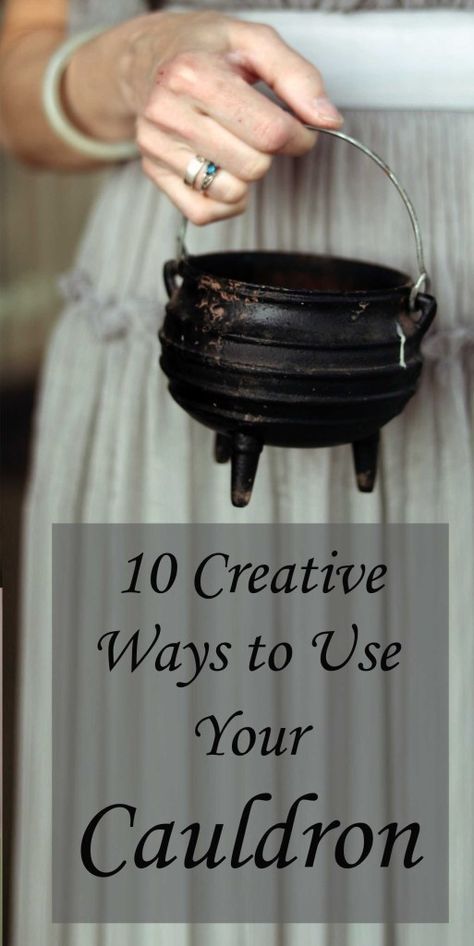 The alarm clock sings an incendiary melody. Reluctantly, you reach out to wind him up for another 10 minutes. And then another 10. Finally, you work up the courage to open your eyes, immediately pick up your phone and scroll aimlessly through social media feeds.
The alarm clock sings an incendiary melody. Reluctantly, you reach out to wind him up for another 10 minutes. And then another 10. Finally, you work up the courage to open your eyes, immediately pick up your phone and scroll aimlessly through social media feeds.
But suddenly come to your senses: today you need to prepare some reports for the meeting, take the children to dances, walk the dog, it would be nice to play sports and cook Czech apple pie. Your hands are getting cold, and the question is spinning in your head: “How to organize yourself, tune in to success and do everything in time?” And in the evening you can hardly get to bed and because of the stress you have experienced, you cannot fall asleep for a long time, losing productivity and the joy of life. nine0003
If you are experiencing something like this, then know that there is a solution. Morning and evening rituals will help you become more disciplined, increase efficiency, save energy and maintain balance throughout the day.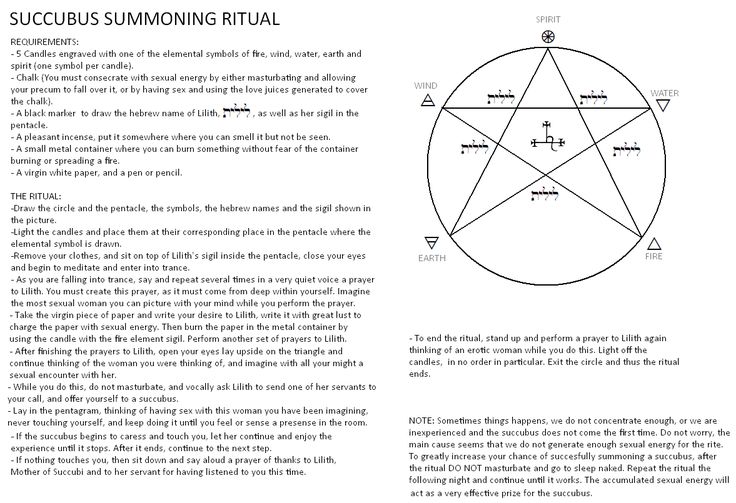 Their importance and methods of creation will be discussed in the article.
Their importance and methods of creation will be discussed in the article.
What are the benefits of morning and evening rituals?
Imagine a thread with beads hanging on it. The beads are your goals and priorities. Tilt the thread in one direction or another, and the beads will fall on the floor. But if you tie knots on both sides of the thread, the beads will stay in place. These knots are morning and evening rituals. They keep life's priorities from collapsing and help you progress and achieve your goals. nine0003
A daily ritual is similar to a daily routine in that it is a series of tasks that are performed in the same order but differ in purpose. A ritual is a carefully chosen way of performing an action that has a meaning and a positive effect. These are meaningful and motivating practices.
Most of you have heard or read about the importance of morning and evening rituals. However, you still don't actively use them because you underestimate their power.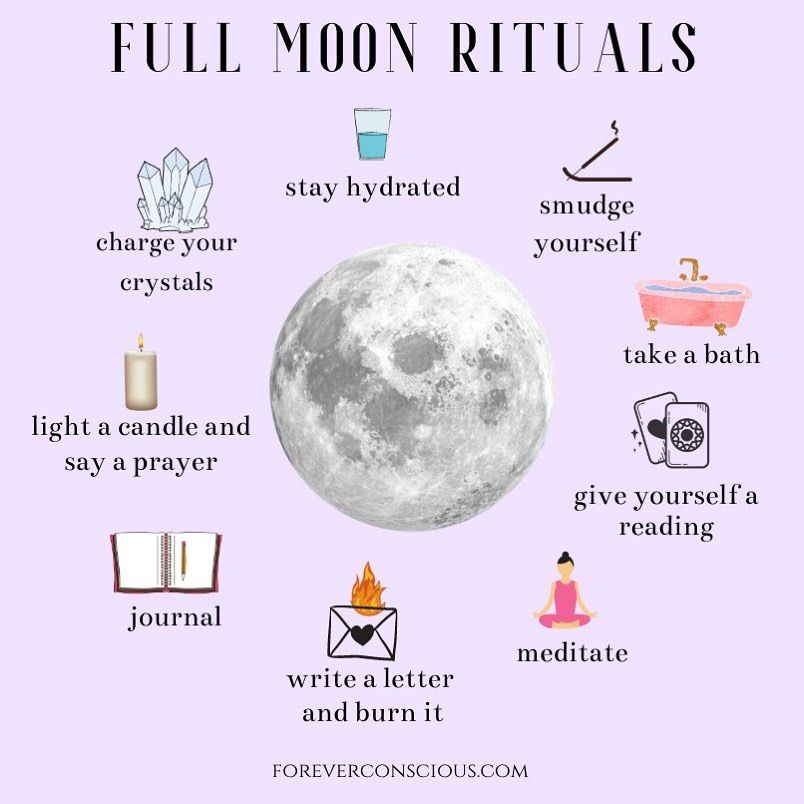 But rituals provide several significant benefits:
But rituals provide several significant benefits:
1
Create the conditions for the most important things to do
By incorporating priority tasks and actions into your morning ritual, you are guaranteed to complete them before sinking into the chaos of the day. For example, world-famous novelist Stephen King sits down to write at 8 a.m. sharp every day. His brain is trained to be creative at this time. King works until 13:30, after which he devotes the rest of the day to daily activities and favorite activities, without worrying that he is spending his time unproductively. nine0003
The same goes for the evening ritual. Former American Express CEO Kenneth Chenault ends his day only after he writes down his three main tasks for tomorrow. He is sure that if you focus on the future already now, you will be able to meet it prepared when it inevitably comes.
2
Reduce fatigue from the selection process
According to social psychologist Roy Baumeister, a person has a limited amount of willpower that he expends during the day. Every decision you make drains that energy. We are forced to make choices all the time. Visit social networks or work? Read War and Peace or Cosmopolitan? Pump the press or go jogging? Eat a salad or a plate of dumplings? nine0003
Every decision you make drains that energy. We are forced to make choices all the time. Visit social networks or work? Read War and Peace or Cosmopolitan? Pump the press or go jogging? Eat a salad or a plate of dumplings? nine0003
At the end of the day, the level of willpower approaches zero, as a result of which the person becomes tense, makes erroneous decisions and chooses the path of least resistance. When given the choice between sports training and video games, he chooses the latter. Read educational literature or scroll through the feed on Instagram? Of course, carefree surfing!
Way out: learn to manage your mental energy effectively. One way to achieve this is to turn productive habits and important tasks into a daily part of life, into a ritual. When something becomes a regular practice, a person no longer needs to think about it, everything happens on autopilot. nine0003
3
Grounding
No matter how crazy the rhythm of the day gets, when you perform rituals, you know exactly how it will begin and end.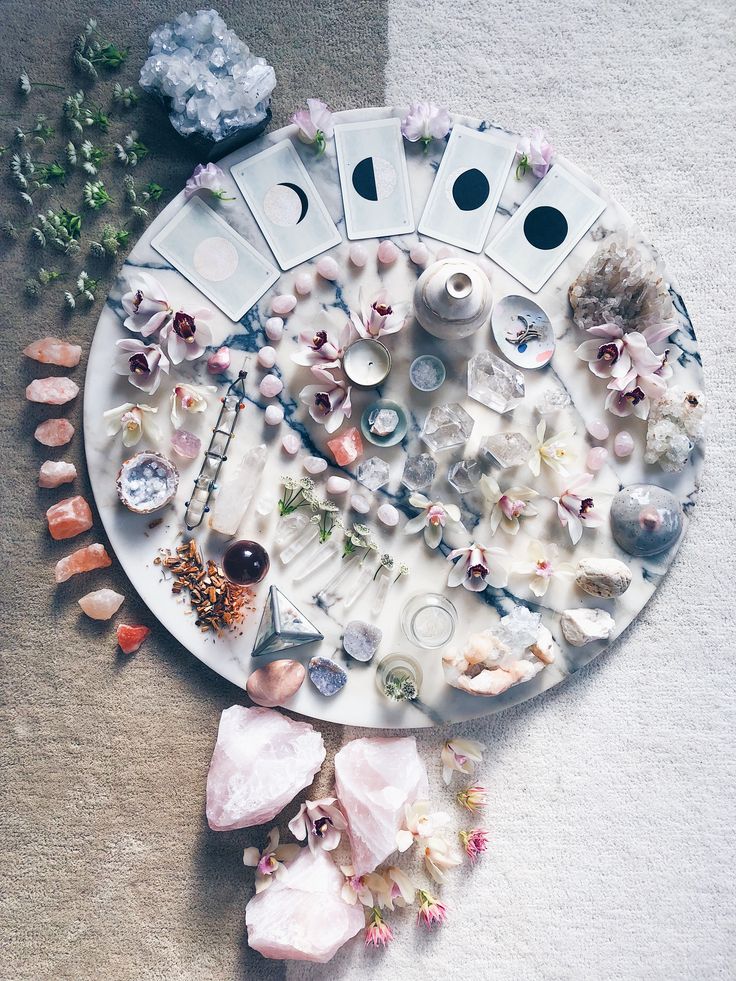 This gives a sense of control over one's own life and helps to recalibrate the psyche to be more efficient.
This gives a sense of control over one's own life and helps to recalibrate the psyche to be more efficient.
Remember professional athletes. Some of them perform certain actions before the game that set them up for victory. The same effect is given by morning and evening rituals. A morning ritual allows you to start your day with focus, clarity, and direction. Properly chosen, it guarantees victory in key areas of life, such as health or intellectual growth. The evening ritual allows you to end the day with a sense of peace and free your mind. nine0003
Examples of Morning and Evening Rituals of Celebrity Leaders
All great people have rituals—those practices and behaviors that are tightly built into their lives that help them develop healthy habits as well as the discipline needed to succeed. We offer you to get acquainted with the morning and evening rituals of famous leaders in order to reflect and be inspired:
- American business coach and motivational speaker Tony Robbins is a master of self-discipline.
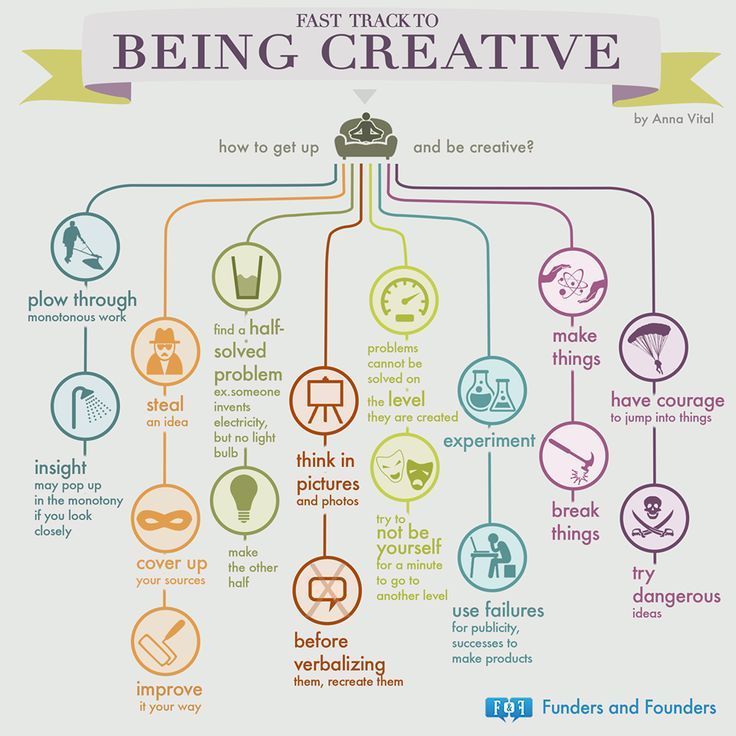 He is of the opinion that if you do not have ten free minutes to work on yourself every morning, then you do not have a life. His morning ritual consists of three parts: first, 3 sets of 30 breaths of Kapalbhati pranayama, then an expression of gratitude for everything that is in life, and finally, a prayer for help, guidance and strength. nine0050
He is of the opinion that if you do not have ten free minutes to work on yourself every morning, then you do not have a life. His morning ritual consists of three parts: first, 3 sets of 30 breaths of Kapalbhati pranayama, then an expression of gratitude for everything that is in life, and finally, a prayer for help, guidance and strength. nine0050 - Microsoft founder and one of the richest people on the planet, Bill Gates, trains his body and mind as soon as he wakes up: while exercising on a treadmill, he watches educational lectures. This procedure takes about an hour.
- Space-loving entrepreneur and inventor Elon Musk wakes up at 7 a.m. sharp, responds to the most urgent emails within half an hour, makes sure to take a shower, and often neglects breakfast.
- The late Apple founder Steve Jobs had a simple but truly inspiring morning ritual. Every day he got up, made his bed and went to the mirror. Jobs looked himself in the eye and asked, "If today were the last day of my life, would I be happy with what I'm going to do?" If the answer was “no” for a few days, Jobs was changing something in his life.
 nine0050
nine0050 - Every evening, dollar billionaire and developer of the social network Facebook Mark Zuckerberg personally puts his daughters to bed, reading them a traditional Jewish prayer.
- The head of the Internet company Amazon, Jeff Bezos, observes the original evening ritual - he washes dishes for all family members after dinner, believing that he does this as sexually as possible.
- Former US President Barack Obama reads at least 15 minutes daily before going to bed.
- Media mogul Oprah Winfrey practices transcendental meditation at night.
- Writer and one of the most influential women in the world according to Forbes magazine, Arianna Huffington, before going to bed, makes sure to turn off all electronic devices, take a hot bath and drink a cup of chamomile or lavender tea. Huffington ends the evening by making a list of things she is grateful for.
Everyone has their own unique set of morning and evening rituals. They help someone to tune in to a productive day and recharge their batteries, someone to relax after a busy day.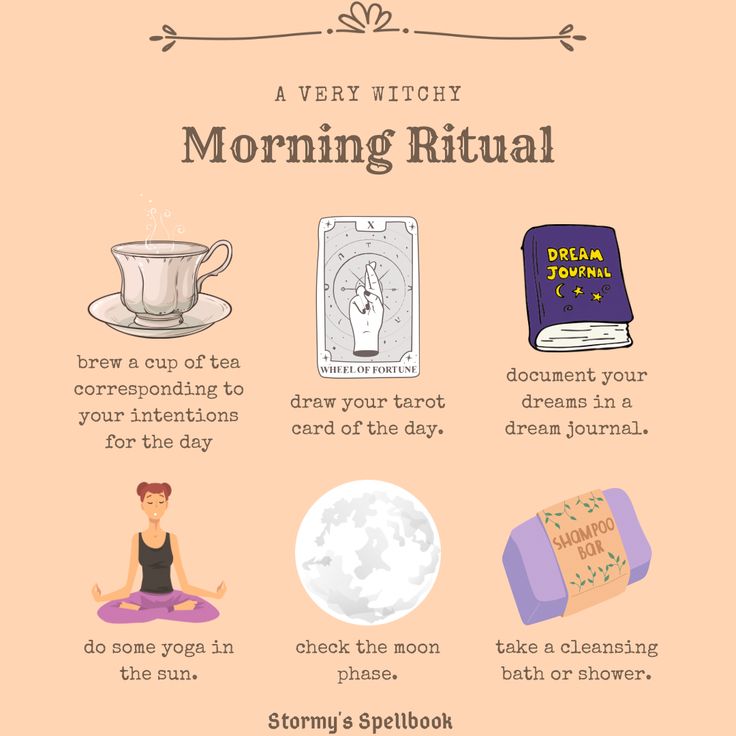 In any case, these are not just actions, but practices that have a purpose. nine0003
In any case, these are not just actions, but practices that have a purpose. nine0003
How to create your own rituals
Friends, you have already realized that creating morning and evening rituals will help you achieve success and become who you always wanted to be. Here are some tips on how to do this:
1
Remember your life plan
Look at your most important goals. What habits or behaviors should be taken into daily practice in order to achieve them? Answer this question and make these habits your morning or evening ritual. nine0003
If your goal is to create a perfect body in six months, spend 30 minutes of physical exercise in the morning and evening. If you plan on having a relaxed conversation in Chinese, make learning Chinese grammar a part of your morning ritual. Let's say you intend to read 100 books in a year. In this case, set aside an hour for reading before bed. If you want to live a conscious life, practice morning or evening meditation for 15 minutes daily.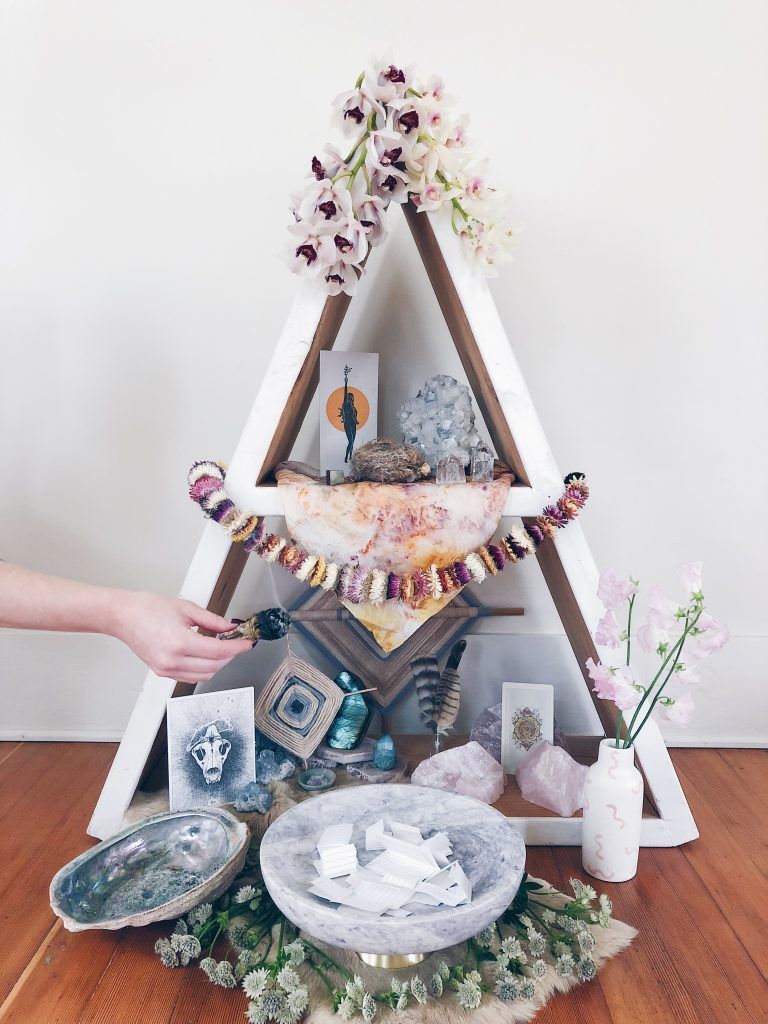
2
Determine what you do in the morning and evening
Review your current daily routine. What do you do from the moment you wake up to the moment you go to work? What do you do 1-2 hours before putting your head down on the pillow? When you have a clear picture, you can choose which actions to keep, which to exclude, and what to add. Perhaps you are already performing rituals, you just need to evaluate whether they bring the desired result. If not, you can always change your habits to reach your goals faster.
3
Make a list of things you can do to help
Make a list of things you think will improve your health, success, joy, or peace of mind. Here is a sample list of daily rituals that have proven effective: wake up at 6 am with a smile, drink a glass of warm water on an empty stomach, do meditation or stretching exercises, work on the most important project in the morning, read or listen to something inspiring / educational after waking up , fill out a diary before going to bed, prepare clothes for tomorrow in the evening, go to bed no later than 23:00.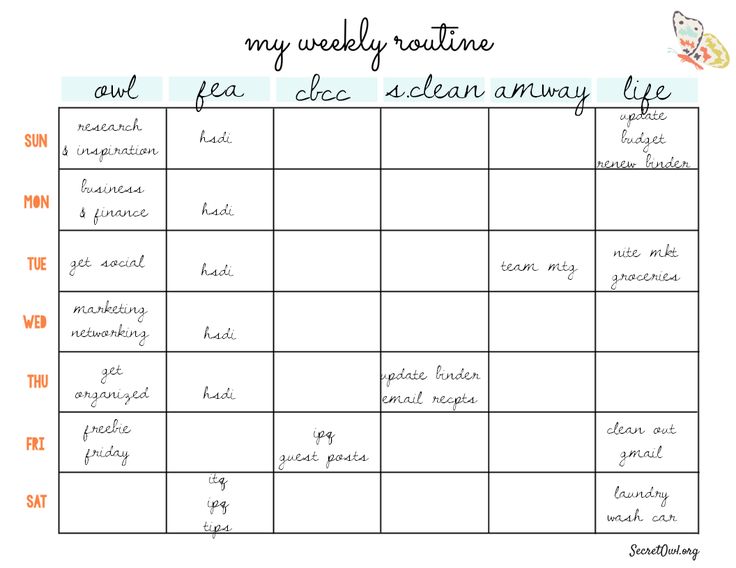 nine0003
nine0003
4
Be inspired by the morning and evening rituals of great people
When reading biographies of great people, try to catch their rituals. If they repeated the same actions every morning and evening, it is likely worth incorporating these habits into your daily routine.
5
Start with three simple steps and consolidate the result
Showering in the morning is an example of a simple ritual. Add 2 more points. Start with tiny steps that will help you succeed and take them regularly. nine0003
Some say it takes 21 days to form a habit, but this is not always the case. Psychologist Jeremy Dean found that it can take 66 days for an action to become a habit. And Phillippa Lalli's study showed a different result: it took the subjects from 18 to 254 days to achieve automatism. The truth is that people are different. Some build productive habits instantly, while others may take a long time. Keep practicing the rituals and wait for the result.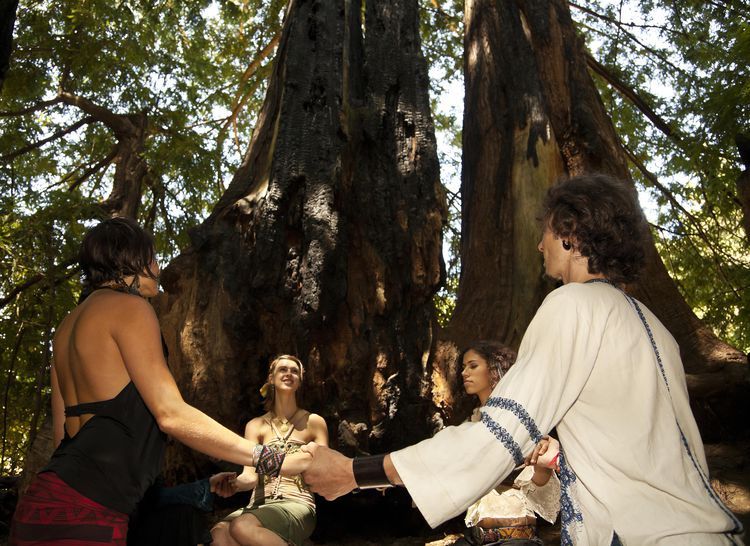
6
Customize your rituals
There are no rules in making a list of rituals that you must follow unconditionally. There are many inspiring options, ideas and recommendations, but you have to find what works for you. Remember that the most beneficial habits are the ones you can stick to. How do you know which ritual is yours? Try different ones! See what activities make you feel the best and incorporate them into your day.
Remember that rituals should not be set in stone. Adjust daily activities as needed. For example, after a while you may find that you don't like yoga or jogging, but feel great after a glass of vegetable smoothie in the morning. Adjust actions and enjoy the dynamics of the process.
7
Document your rituals
It is important that you write down your morning and evening rituals, otherwise they will remain vague and lose their power. It is not enough just to say: “Tomorrow I will get up early, do exercises for 20 minutes or maybe more, and go to bed when I am tired.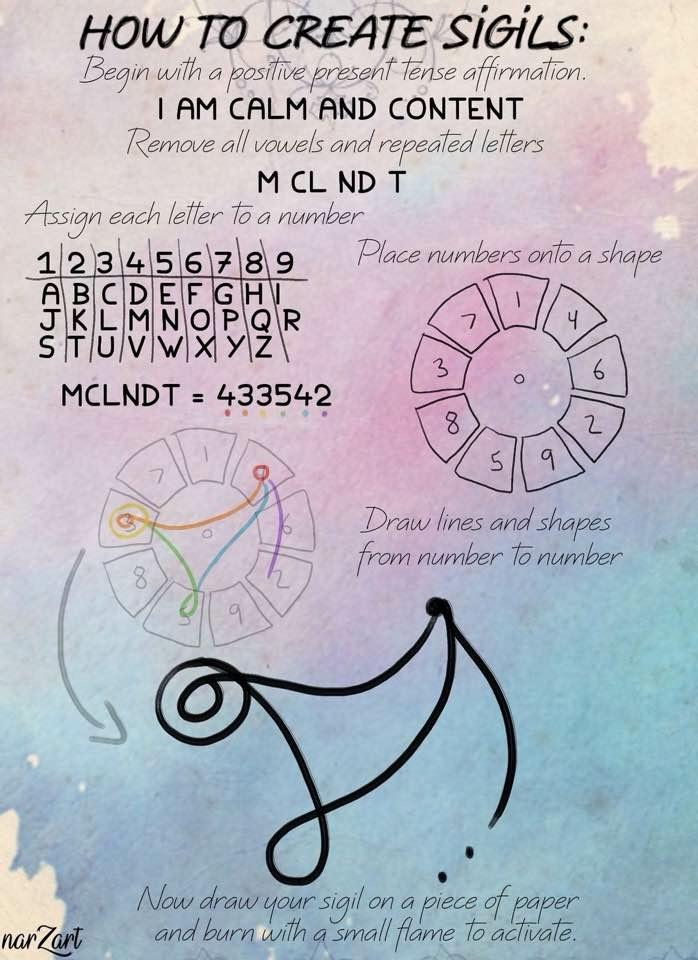 ” Such an indefinite plan is doomed to failure. Your rituals must be firmly established. Write down at what specific time you will begin the ritual and how long it will take to complete it. Determine the exact list of actions and the order in which they should be performed. nine0003
” Such an indefinite plan is doomed to failure. Your rituals must be firmly established. Write down at what specific time you will begin the ritual and how long it will take to complete it. Determine the exact list of actions and the order in which they should be performed. nine0003
8
Don't give up or get frustrated by mistakes
If, while following your rituals, one day you skip a step or want to neglect the ritual, don't berate yourself and don't back down. Be strong. Creating a ritual is like building muscle. All that is needed is to resume training in order to return the habit to life.
Rituals will definitely give you strength, and soon you will feel that you can no longer live without them. Remember the main thing: do not slavishly follow them. Rituals become dead when you lose sight of the target and simply perform actions. It is very important to evaluate the effectiveness of morning and evening rituals. Do they live up to expectations? Do you feel happier, more energetic, healthier and better? If not, then adjust your plan.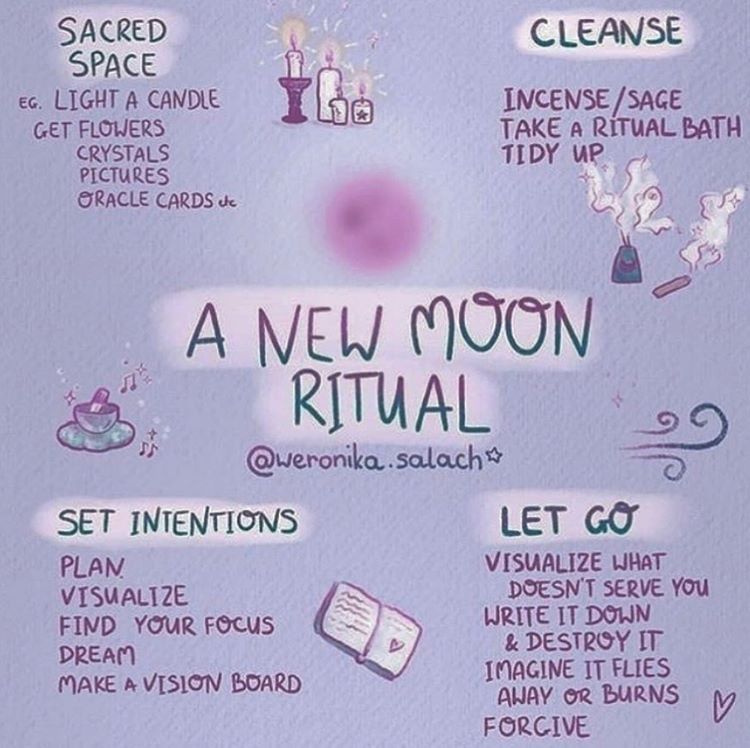 nine0003
nine0003
You are a unique individual with your own set of life goals. Morning and evening rituals will increase your productivity and add efficiency and structure to each day, help you solve important tasks, get rid of stress and increase concentration.
Friends, rituals make your life more conscious. After all, by creating them, you are making a deliberate decision to spend your time in a way that is useful. We wish you to choose for yourself such rituals that will inspire and motivate you to achieve your goals. nine0003
Good luck!
Keywords:1Healthy lifestyle, 1Psychoregulation
Science of rituals: why they are needed and how to use them
August 27, 2018 Life
Guiding threads in the chaos of life.
Iya Zorina
Author of Lifehacker, athlete, CCM
Why do people need rituals
In ancient times, numerous rituals accompanied a person's entire life, from birth to death.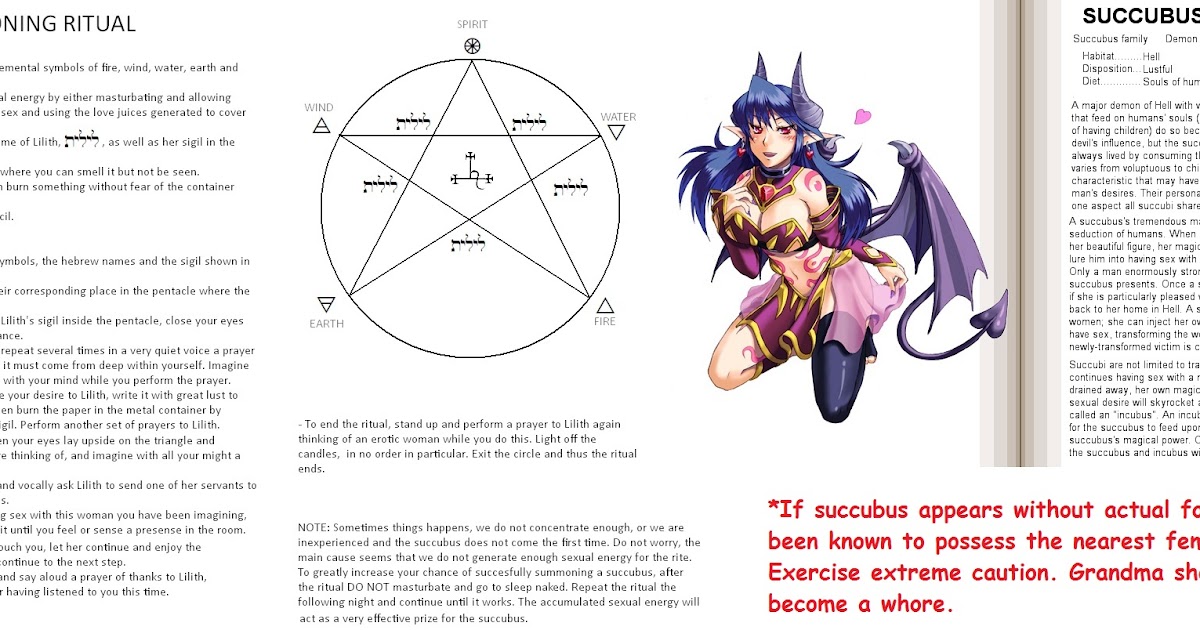 Many of them were related to religion, but their action was not limited to the strengthening of faith. nine0003
Many of them were related to religion, but their action was not limited to the strengthening of faith. nine0003
Rituals helped people maintain order in society, showed everyone their place, eliminated doubts and created a clear structure in the chaos of life. People spent a lot of time on seemingly unnecessary rituals, but in return they received confidence and psychological comfort.
In terms of psychology, we are not so different from our religious ancestors. The life of a modern person is riddled with rituals: from the meaningless ones, like spitting over the left shoulder, to the practical ones, like making a to-do list for the morning. nine0003
Despite advances in medicine, science and technology, our lives remain unpredictable, chaotic and dangerous. No one is immune from misfortune and disease, we are still mortal, and sometimes we are suddenly mortal.
In such chaos and uncertainty, the poor human brain simply has to find an island of calmness, so as not to tremble in horror every day, but to gain confidence that we are doing everything right and life is going according to plan. That's what rituals are for.
That's what rituals are for.
And this is not just a theory. The need for rituals for our peace and well-being has been proven by science.
How the brain reacts to rituals
Using EEG, scientists have discovered how the human brain reacts to a mistake. 50 to 100 milliseconds after the event, a reaction occurs in the anterior cingulate cortex, which is called “error-related negativity” (ERN).
As a rule, the value of ERN is associated with the ability to identify their miscalculations and perform well on tasks. The more ERN, the more attentive and focused a person is, the fewer mistakes he makes. nine0003
However, in an experiment by psychologist Nicholas M. Hobson, rituals broke this pattern.
Hobson decided to test how the new rituals repeated day after day would affect people's ERN. One group of students made the same hand gestures for a week. The control group also performed the movements, but each time they were different, so they did not turn into a ritual.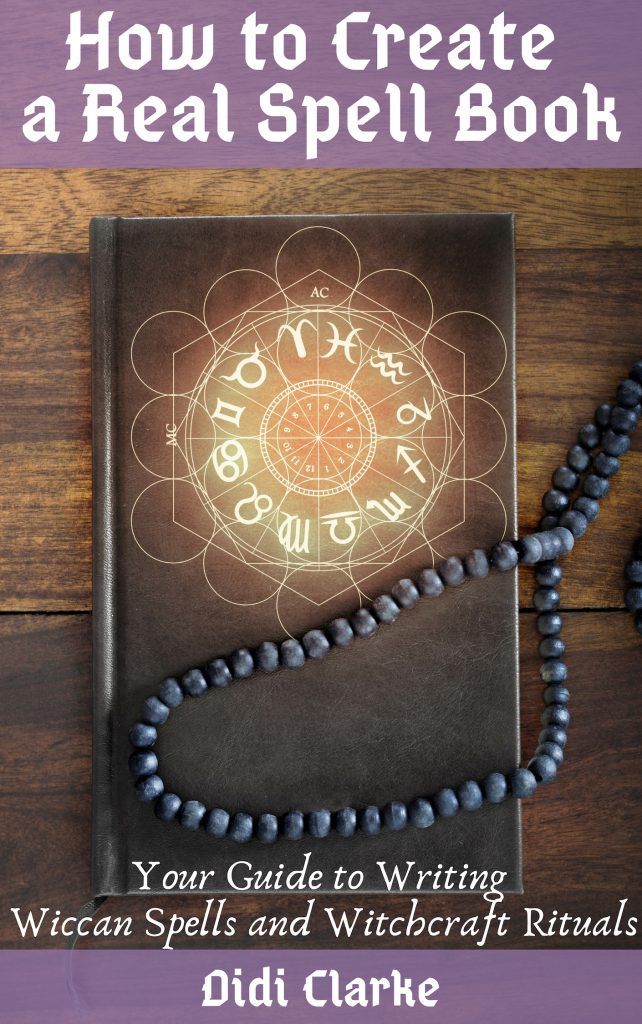
On the day of the test, the students took two tests: before and after the ritual. The students who got used to the ritual had a high negative reaction to mistakes before it was performed, and after that it decreased significantly. At the same time, the accuracy of the answers did not decrease. nine0003
Students who performed a random set of movements had approximately the same ERN value in both tests. Scientists concluded that rituals help to calm down, feel more confident, but at the same time do not reduce the quality of answers.
A study by Alison Wood Brooks also confirmed the benefits of rituals. Ritual activities before completing tasks reduced anxiety and improved participant outcomes.
Rituals help a person cope with anxiety, provide self-confidence and reduce negative emotions from mistakes. nine0003
How to start a beneficial ritual
Three simple steps will help you start a beneficial ritual:
- Remember what makes you more calm, productive and contented.
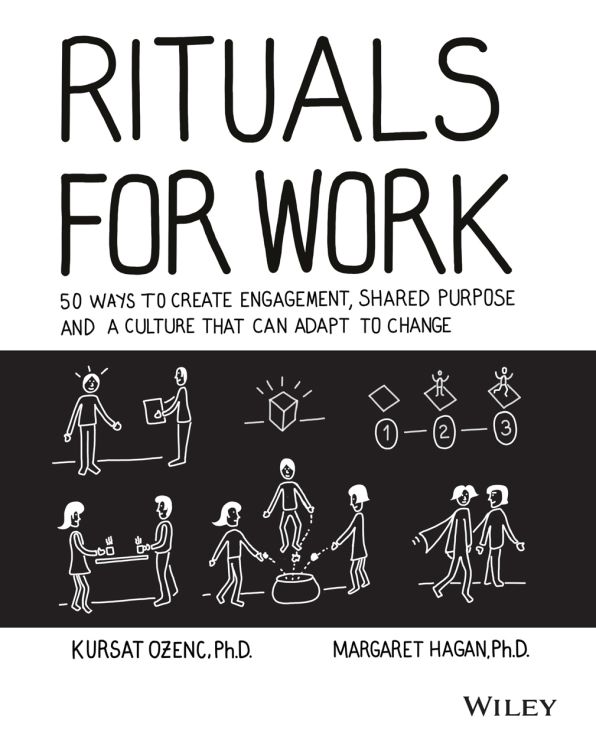 If something makes you feel better, you can make a ritual out of it.
If something makes you feel better, you can make a ritual out of it. - Plan a 3-5 point ritual. It should be simple and easy to remember so you don't have to look up every time to see what the next item is.
- Repeat the ritual every day, without gaps. It should become an integral part of your life. nine0050
What rituals to perform in the morning and evening
To make it clearer, we will give good options for rituals for the morning and evening. Use if they suit you.
Morning Ritual
It will help you start the day without stress and anxiety. Do it right after waking up.
- Meditate . Meditation helps you to be more calm and focused during the day, resist stress well and experience less negative emotions. Meditate for 5-10 minutes immediately after waking up. You can focus on your breath or what's going on in your head. nine0050
- Exercise . A few physical exercises and gentle stretching will help you relieve the stiffness after sleep and feel alert and energetic.
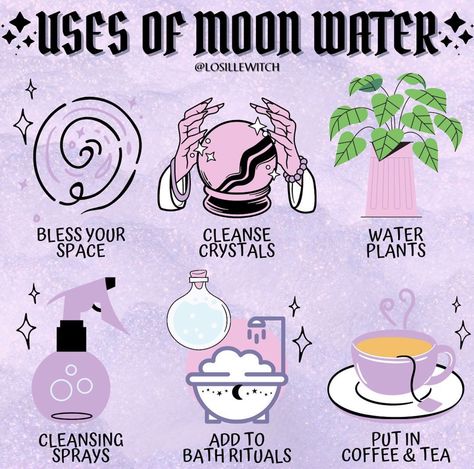
- Eat a healthy breakfast . Get into the habit of eating a high-protein breakfast and you won't feel hungry or irritable until after lunch.
- Make plans for the day . Just choose a few top things to do in a day, or use other planning methods. This will help you focus on completing tasks and bring a little more definition to your day. nine0050
Evening ritual
Perform your evening ritual one hour before bedtime. It will help you calm down, fall asleep quickly and sleep well.
- Keep a diary . Write by hand what happened during the day: what worried you, upset you, pleased you. This practice teaches you mindfulness, helps you calm your mind, and even improves your health.
- Prepare everything for tomorrow . Decide what you will wear to work, prepare your clothes and shine your shoes. If you work out in the morning, pack your bag to the gym. Wash the dishes, decide what you will have for breakfast - do your best in the evening.
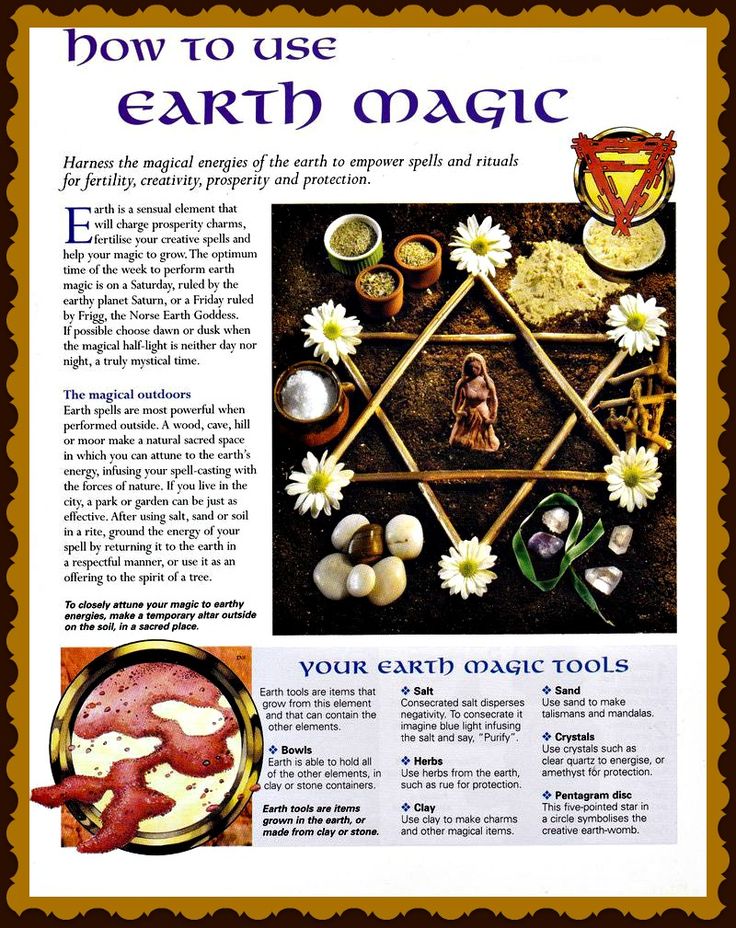 So you unload the morning, you can spend it more pleasantly and calmly. nine0050
So you unload the morning, you can spend it more pleasantly and calmly. nine0050 - Read the book . Unlike watching social media or watching movies, reading is wonderfully calming. A study found that just six minutes of reading reduced stress levels by 68%—more than listening to music, drinking tea, and walking.
- Meditate . Meditation helps to calm down, clear the mind of problems and worries. So you won't be staring at the ceiling until the middle of the night, digesting the events of the past day and worrying about the future.
These are just examples of rituals. Feel free to change items if they don't suit you. For example, if in the morning you don’t feel like eating at all, breakfast can be replaced with delicious tea or coffee - this will also be part of the ritual.
The main thing is to repeat the invented ritual every day, without gaps. When you get used to it, your day will become much more calm and happy.





